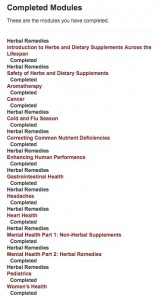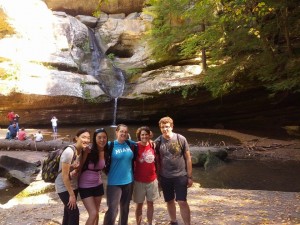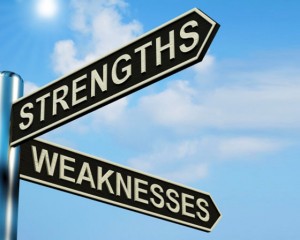
In the month of January, I completed an elective on Integrative and Complementary Health at the OSU Integrative Health Center. I had prior experience with herbal medicines, acupuncture and chiropractic medicine but never delved into osteopathic medicine, ayurveda, or mind-body interventions. This month was very eye-opening and I learned a lot about the supplements and alternative therapies that can be used in conjunction with modern Western medicine to not only lengthen but also improve quality of peoples’ lives.
My experience in integrative health truly enhanced my understanding of patient care. The primary care physicians at the integrative health center took an extensive medical history and spent anywhere from 40 minutes to an hour with each patient. This was a completely different approach from the 15-20 minute encounters I’ve seen in other internal medicine clinics. During that time, I learned more about the patients’ lives and personal stresses that greatly impacted their health and ability to access health care. The PCPs were able to review patients’ current medications and also advise certain vitamins and supplements as well as refer patients to nutritionists and mind-body therapists among others. In this way, my integrative health elective taught me about more ways that I can practice health promotion and disease prevention outside of the traditional Western medications.
I believe I will definitely utilize my knowledge from this elective in my future practice. Whether I pursue primary care or a specialty, my knowledge about alternative medicine can be used to provide great patient care. During my month long elective, I also completed an herbs and dietary supplements course through OSU. This was very informative and I am planning on furthering my integrative health education through the Integrative Medicine Pilot program offered this spring to OSU medical students.








